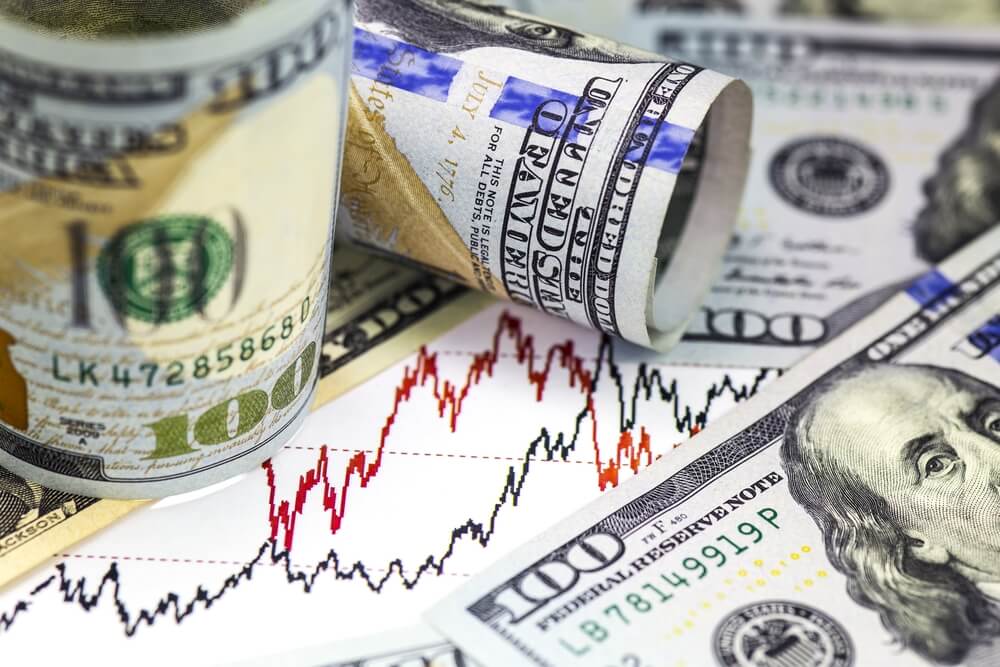
U.S. Dollar Rises but Remains Below the Recent 12-Week High
- The dollar index increases by 0.2%, significantly impacting the yen and the euro.
- Market expectations adjust, with a reduced likelihood of a March rate cut and a 60% chance of a 25 basis point cut in May.
The dollar index recently climbed 0.2% to 104.23, reaching a peak of 104.60 on Monday, its highest since November 14. This surge was propelled by a robust jobs report released on Friday.
Elevated yields on U.S. Treasuries have strengthened the dollar, especially in comparison to currencies with lower yields, such as the yen.
The yen weakened against the dollar by 0.7%, falling to 149.18, its lowest point since November 27. This decline followed remarks from Federal Reserve officials on Wednesday, who unanimously advocated for keeping interest rates high for an extended duration. They stressed a cautious stance on policy easing, significantly influencing traders’ expectations and the overall market.
March Rate Cut Odds Diminish as Dollar Strengthens
As market forecasts shifted, the probability of a Fed rate cut in March dwindled to about 20%. This was a significant drop from previous projections. Expectations for a 25 basis point cut in May stand at 60%. These revisions underscore the dollar index’s rise to 104.23 and its peak following a solid jobs report and elevated Treasury yields.
The Fed’s firm position and various U.S. economic indicators have affected currency markets worldwide. The Japanese yen has depreciated to its lowest since late November, impacted by the Bank of Japan’s tentative stance on rate increases. The euro and sterling also saw slight declines against the strengthening dollar. Despite a significant fall in China’s consumer price index, its largest in over a decade, the yuan’s value has remained relatively stable.
The international currency market remains sensitive to policy directions from leading central banks, with the U.S. dollar holding its ground amidst diverse economic data and geopolitical events.


